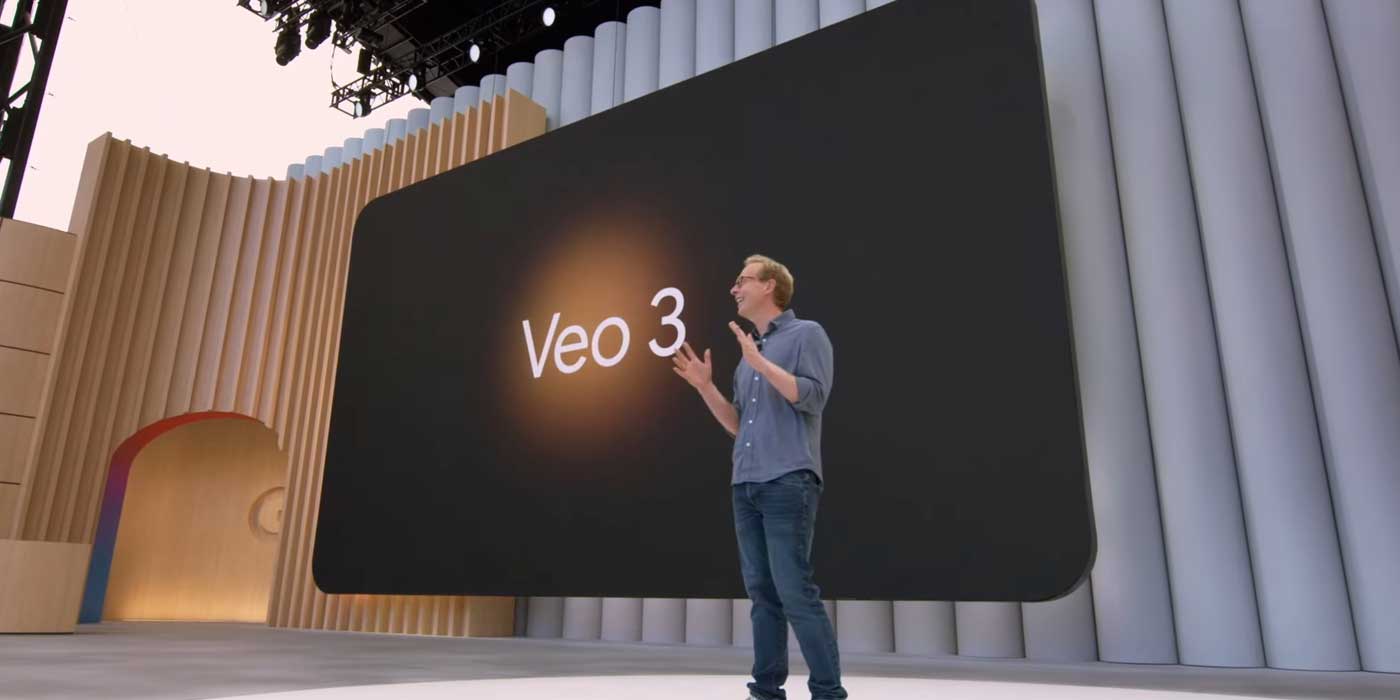Pornhub to introduce 'government approved' age checks in UK





Rising demand among marketers for AI search expertise is driving more agencies to create specialist units intended to help clients navigate the tech and its impact on consumer habits.
In recent months media shops like Jellyfish, Wpromote and Kepler have each launched or expanded AI search services that offer clients a means of partially gauging how applications like ChatGPT and Gemini represent and understand their brands.
Among the advertisers attempting to measure the “share of model” (as opposed to their share of market) within large language models (LLMs) is consumer pharmaceutical firm Haleon. The company is currently testing how Meta’s Llama model represents its Advil and Emergen-C brands in user-generated search results.
Continue reading this article on digiday.com. Sign up for Digiday newsletters to get the latest on media, marketing and the future of TV.
At first glance, Cluely reads like a parody of startup culture. A 21-year-old founder broadcasting viral videos about chatting on job interviews, dating with AI overlay and hosting parties shut down for “too much aura”.
And yet here we are: Andreessen Horowitz just led a $15 million investment into the startup that turns a person’s screen into an invisible assistant — a kind of real-time whisperer for meetings, sales calls and even exams.
Or at least that’s what it wants to be. Because Cluely launched a narrative before it launched a tool. And somehow, it’s working.
Continue reading this article on digiday.com. Sign up for Digiday newsletters to get the latest on media, marketing and the future of TV.
This week’s Media Briefing looks into Cloudflare’s new tool that lets publishers block all AI crawlers – at the click of a button – and why publishers are celebrating.
Publishers everywhere have had reason to celebrate this week as a single Cloudflare toggle gave them a rare, decisive victory in the battle to keep AI bot crawlers off their content.
This is a member-exclusive article from Digiday. Continue reading it on digiday.com and subscribe to continue reading content like this.
Condé Nast execs are pressured to retain ad dollars after Anna Wintour announced last week that she will no longer oversee the day-to-day operations of Vogue, the luxury brand she has led as editor-in-chief since 1988.
Wintour will remain in her broader roles as Condé Nast’s chief content officer and global editorial director for Vogue. And while it’s too soon for the ad industry to record a change in brands continuing to advertise or not, one agency exec acknowledged to Digiday the weight of Wintour’s moves: “[ad money] flows to Vogue because of Anna.”
Wintour has become synonymous with the Vogue brand. But the fashion media landscape has changed since Vogue’s print-dominant heyday. Brands are contending with shrinking referral traffic, ad dollars are shifting to search and social, the creator economy is booming, and generative AI technology is curating fashion and summarizing content in search engines.
Continue reading this article on digiday.com. Sign up for Digiday newsletters to get the latest on media, marketing and the future of TV.

Veo 3, Google’s latest video generation model, is now available around the world in the Gemini app for AI Pro subscribers.
more…
Google is giving Android TV a rare update, with some new promoted categories appearing on the homescreen for some.
more…